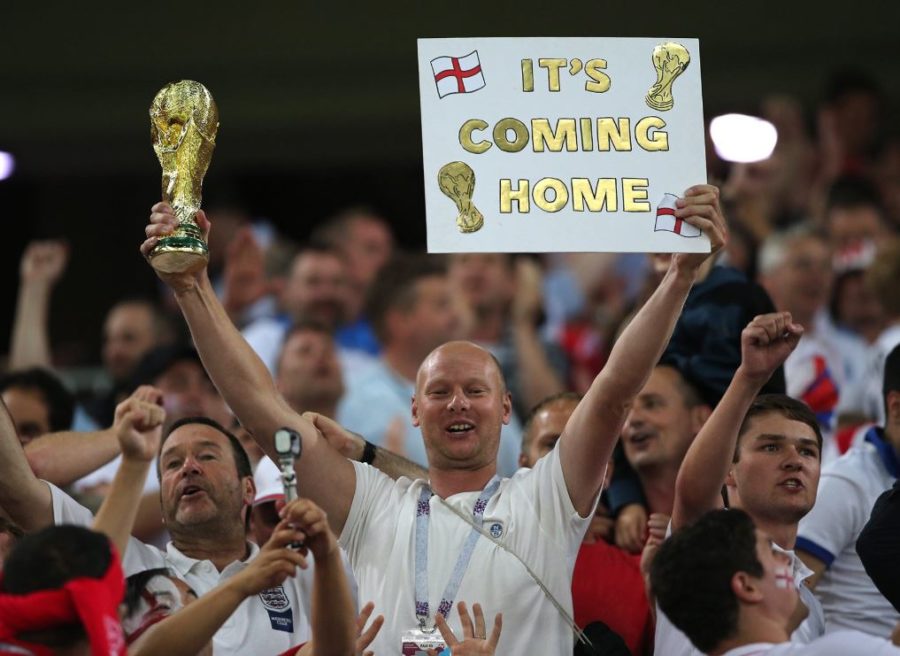Arsene Wenger once said that to be a football manager is to live on a volcano. The difference between adulation and castigation is paper-thin, and turns as much on luck as on skill… And yet.
There is something about Gareth Southgate.
50 years of hurt can do funny things to a country, but the love that Southgate enjoys right now is unprecedented for an England coach in my lifetime. He has built a team unlike other England teams before. Gone are the days of inter-club rivalries and egotistical stars demanding attention; under Southgate the team is young, diverse, and cohesive.
As a senior civil servant and British High Commissioner to New Zealand and Samoa, I think a lot about leadership, and how to build and maintain happy and effective teams. And having watched Gareth Southgate, I’m not surprised at his success. His leadership style combines four simple yet vital qualities that are the hallmarks of successful leaders.
First, he is the model of resilience. The skinny defender whose missed penalty saw England bomb out of Euro 96. The failed manager sacked after his Middlesborough team were relegated in 2009. We all – all of us – fail. The thing that makes real leaders stand out is not whether they fail: it’s how they respond to failure. It’s how you pick yourself up, how you learn, what you do next. And in turn, how you show others that failure is not an end point, but a stage on the road to success. As Sir Edmund Hillary said: “it’s not the mountain we conquer, but ourselves”.
Secondly, Southgate treats his players as whole people, not just as footballers. The best leaders are interested in their team members as individuals, and recognise – and respect – that they all have multiple demands and responsibilities beyond and outside work. Former Liverpool manager, Bill Shankly, thought that football was more serious than life or death. Gareth Southgate knows better: which is why he encouraged Fabian Delph to leave England’s World Cup camp to be at the birth of his daughter. Teams that celebrate each member as a whole person are happy teams. And happy teams are successful teams. Have you seen the smiles on the England players’ faces?
Thirdly, Southgate knows – and shows – that the team is more than the sum of its parts, and that everyone needs to be a team-player. Taking a leaf from the All Blacks’ playbook, Southgate speaks of a need for ‘self-regulation’ within his team, an English take on the kiwi ‘no dickheads’ policy. He dropped a number of older stars and forged a coherent team of good, young men intent on playing football in the style their manager wanted.
And finally, he takes responsibility for failure, and shares success. If England win the World Cup (dare we dream?!) you can be sure that Southgate will, before anything else, praise his brilliant players, acknowledge their hard work, and divert the accolades away from himself, and towards his team. And if England lose, you can be sure that Southgate will, before anything else, praise his brilliant players and their hard work, claim responsibility for the loss, and look to learn from it. Because that’s what good leaders do.
In a few days’ time, if England are beaten 5-0, this might read as gushing over-excitement. We all know the volcano might blow at any time. But I’m pretty sure, if and when it does, Gareth Southgate will pick himself up, dust off his waistcoat, and start again. That’s leadership.

